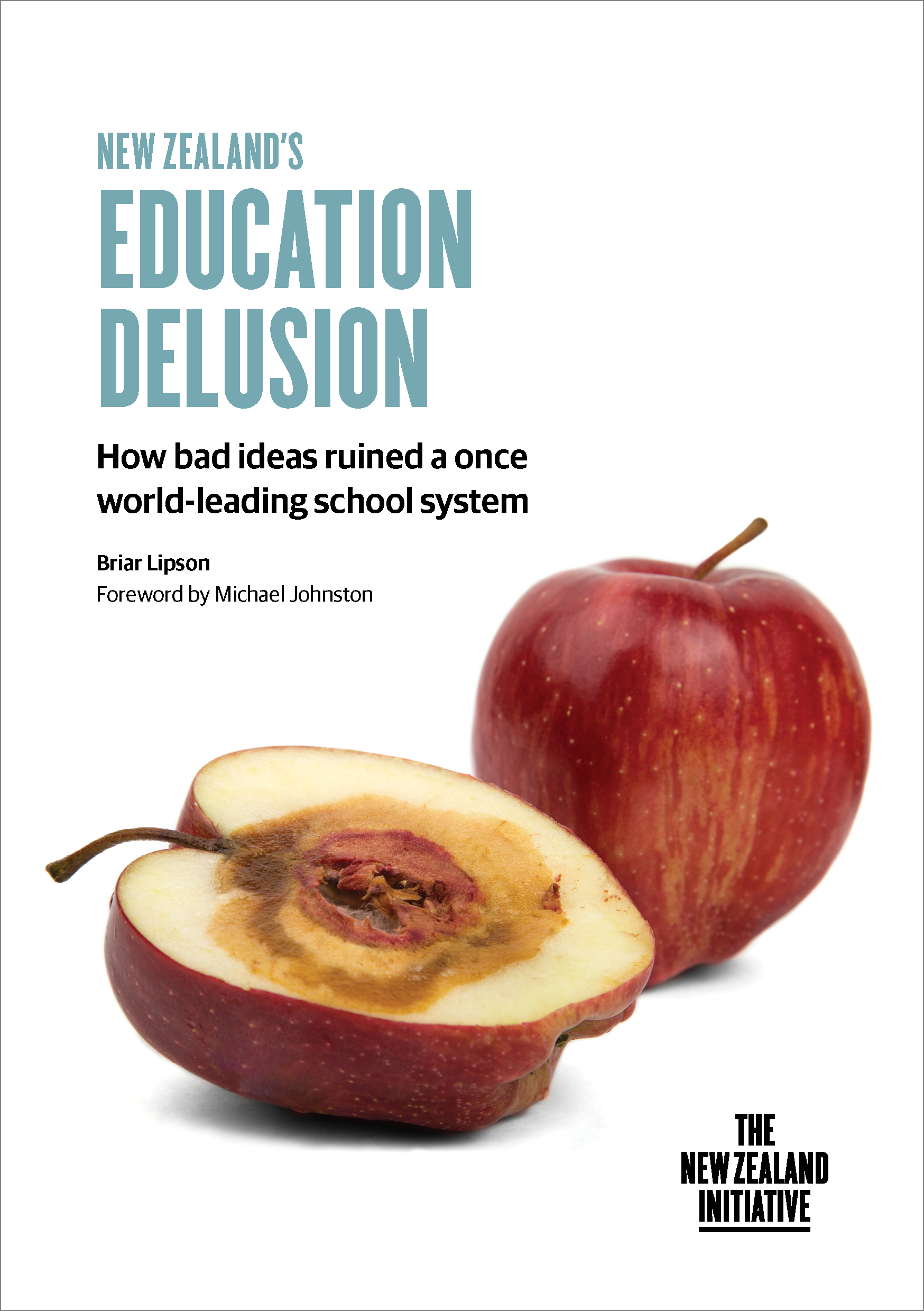There is a rot at the core of schooling in New Zealand.
The Ministry of Education follows unscientific advice and is in thrall to a flawed philosophy.
Education is awash with debates and dichotomies. Should schooling be about knowledge or personal discovery? Should teachers provide motivation for learning or nurture it intrinsically? Should schools provide freedom now or preparation for freedom as an adult?
For most teachers and parents, answers lie somewhere in the middle. As Education Minister Chris Hipkins said:
Education is a broad church. It’s a wide spectrum with traditionalists at the one end and progressives at the other, all of whom believe their formula works best. The key to the changes we’re making is to work hard to capture the best of each world view and bring the whole spectrum along.
Few could disagree. Progress calls for solutions, not endless battles between extremes. However, Hipkins’ statement overlooks that official policy and ‘research’ in New Zealand is far from ordinary.
Over the past few decades, the national curriculum and assessment have turned the school system into an experiment in child-centred orthodoxy.
The philosophy has changed everything from what is taught to the teacher’s role in the classroom. It has transformed the purpose of school.
By appealing to the inarguable idea that children should be at the centre of decisions about their learning, children-centred orthodoxy has undermined subject knowledge. It has told teachers they are at their most professional when they let their students lead.
Consequently, educational standards have plummeted. Despite a 32% real rise in per-pupil spending since 2001, students have gone from world-leading to decidedly average.
In reading, maths and science students now perform far worse than the previous generation just eighteen years ago. In all three subjects, 15-year-olds have lost the equivalent of between three and six terms’ worth of schooling. Far fewer pupils today perform at the highest levels. Far more lack the most basic proficiency.
Worse, in the latest round of OECD testing, New Zealand recorded the strongest relationship between socioeconomic background and educational performance of all its comparator English-speaking countries.
Yet, without these international metrics, there would be no way to see this systemic failure. In fact, so strong is the grip of child-centred orthodoxy that the data from the national assessment, NCEA, shows the opposite.
This report explores the origins and consequences of New Zealand’s unchecked adherence to child-centred orthodoxy.
It contrasts the scientific consensus about how children learn with the different and, in many ways, contradictory advice given to educators and policymakers.
It exposes how parts of the research community confuse evidence with values. It uncovers how curriculum and assessment policy rest on a flawed philosophy.
Reversing the impact of decades of child-centred orthodoxy will be tough. But other countries have tried and succeeded.
This report’s six key recommendations outline how to create the corrective shift that will reverse decline and finally narrow the educational inequities that so perplex and embarrass this country.
Recommendations:
- Create an evidence-based teaching profession by designing a handful of mandatory standardised national assessments to highlight the effective schools and approaches;
- Create a new national curriculum based on disciplinary knowledge, not competencies;
- Encourage evidence-based instruction in early literacy;
- Reintroduce partnership schools, but with rigorous accountability;
- Redress the dominance of the New Zealand Council for Educational Research (NZCER);
- Fund quantitative and generalisable research that rigorously tests properly formulated hypotheses about what might raise attainment and break the link between socioeconomic and ethnic backgrounds and educational achievement.
Click here to download the two-page summary of New Zealand’s Education Delusion: How bad ideas ruined a once world-leading school system.
-----
Let us know what you think
Professor John Hattie, author of the books Visible Learning and Visible Learning for teachers, read Briar Lipson’s new book New Zealand’s Education Delusion: How bad ideas ruined a once world-leading school system.
He shared his first impressions in this document.
Briar has added her comments on John’s first reaction in this file. Now, they would like to open up the conversation to hear your views.
Click here for more information and to participate in the discussion.
-----
Also, in response to Briar Lipson’s book, Albany Senior High School Principal Claire Amos published a response on The Spinoff.
In the name of debate, we have replicated Claire’s response here, with further responses from Briar. It provides an opportunity for further reaction and input from Claire and others.
You can join the discussion here.





